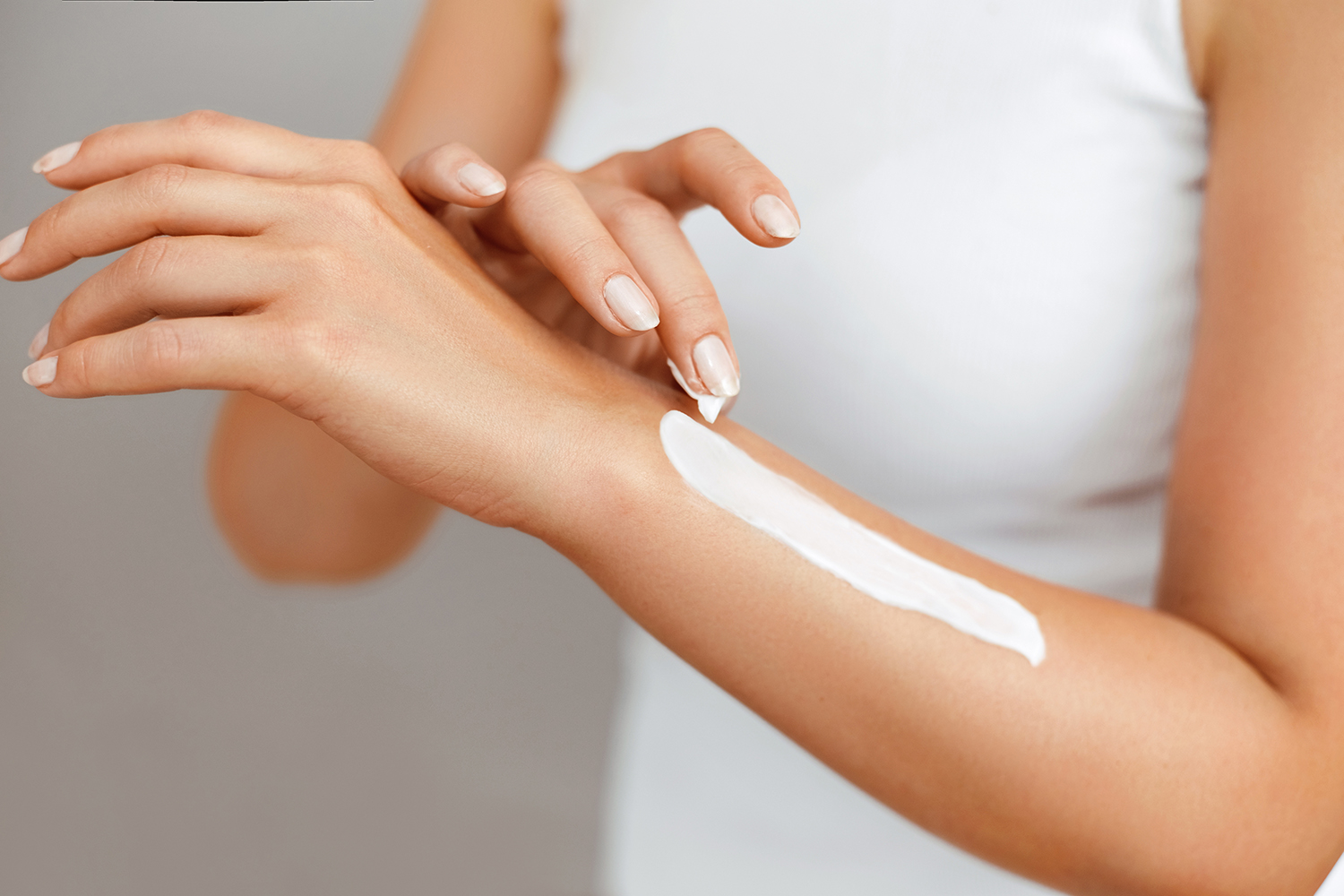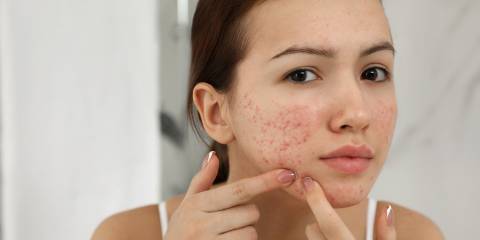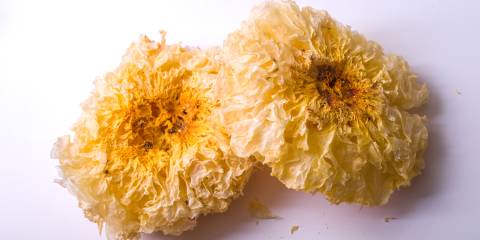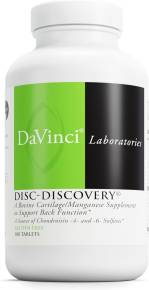The good news first: Science seems to indicate that gluten cannot be absorbed through the skin, which means that, in theory, many personal care products are safe to use, even if they contain sources of gluten.
The bad news is that gluten can be accidentally swallowed through the use of lipsticks, lotions, and other products applied on or near the mouth. These products also linger on fingertips that can touch the mouth. Ingesting even a small amount of gluten can have an adverse effect on those with celiac disease or gluten sensitivities.
Wheat and oat products are commonly found in scrubs, shampoos, and cosmetics. For this reason, gastroenterologists warn that those with celiac disease should be aware of exactly what’s in their personal care products. “Lipsticks and powders and foundations are probably the ones we worry about most, and you never really see ingredient lists on those products,” Pia Prakash, MD, told The Huffington Post.
Even where they are listed, looking for the word “gluten” is not enough. Some sources of gluten are obvious—think barley extract, hydrolyzed wheat protein, and wheat germ extract—while others can be hidden in plain sight by the use of their scientific name. Triticum vulgare germ oil (derived from wheat) and Hordeum vulgare extract (derived from barley) are two examples of gluten ingredients that might evade detection.
“If you’re sensitive to gluten, you should be using gluten-free cosmetics and toiletries. Even if you don’t experience any symptoms, you could be doing damage on the inside,” said Alice Bast, founder of Beyond Celiac, in an interview with US News and World Report.
Prevent Skin Flare-Ups
Some people develop a form of celiac disease called dermatitis herpetiformis (DH). This disorder is also linked to gluten intolerance and manifests as an itchy, blistering rash. Even though it involves the skin, DH is not caused by skin contact with gluten, but by ingesting it.
If you develop a skin reaction after using cosmetics or other personal care products that contain gluten, it could be due to an allergy to wheat or another ingredient and not be linked to celiac disease.
Common symptoms of an allergic reaction include:
- swollen eyes
- watery eyes
- acne
- eczema
- psoriasis
- rosacea
- skin sensitivity
- dryness
Gluten-Free Skin Supplements
There are many skin care supplements on the market. Since supplements are meant to be ingested, it’s important to always read the label.
Some herbal supplements contain added grains or ingredients derived from them—these will most likely appear in the “inactive” ingredients category. Supplements are subject to FDA gluten-free labeling regulations, so any labeled “gluten-free” by a third party organization should be safe.
While it’s not known how much gluten it takes to cause harmful side effects when using cosmetics and skin products, it’s probably best to err on the side of caution.
Many skin care products do not pose a problem for those with celiac disease or grain sensitivities, but it’s always a good idea to be an informed consumer by reading labels and asking questions.





